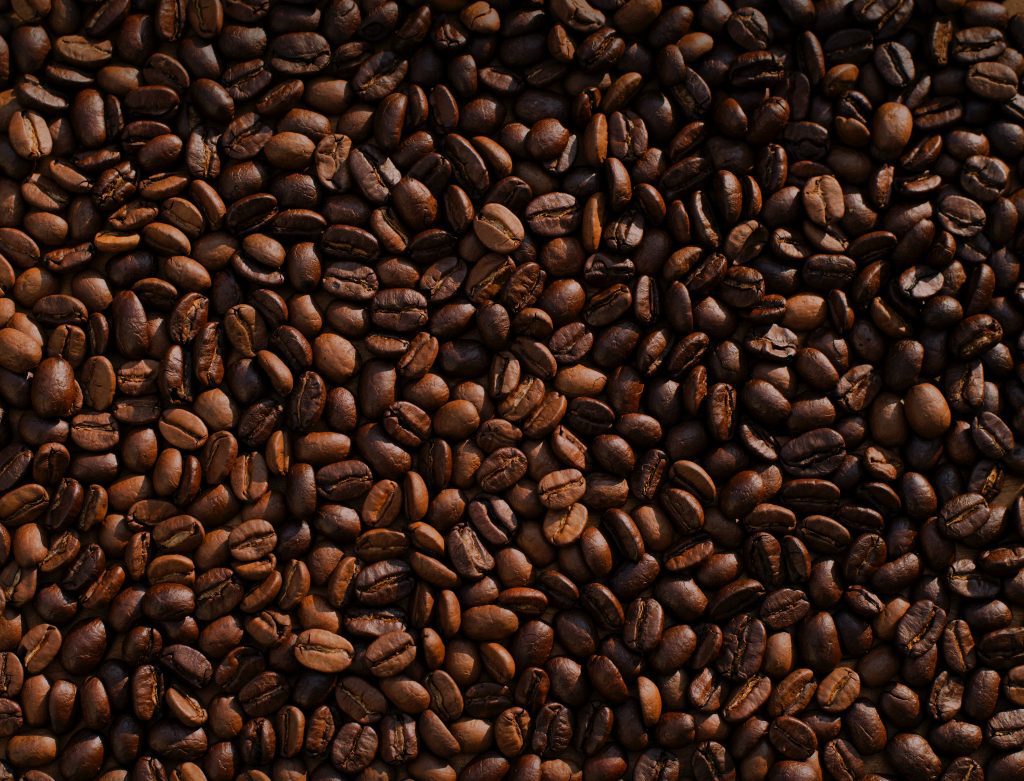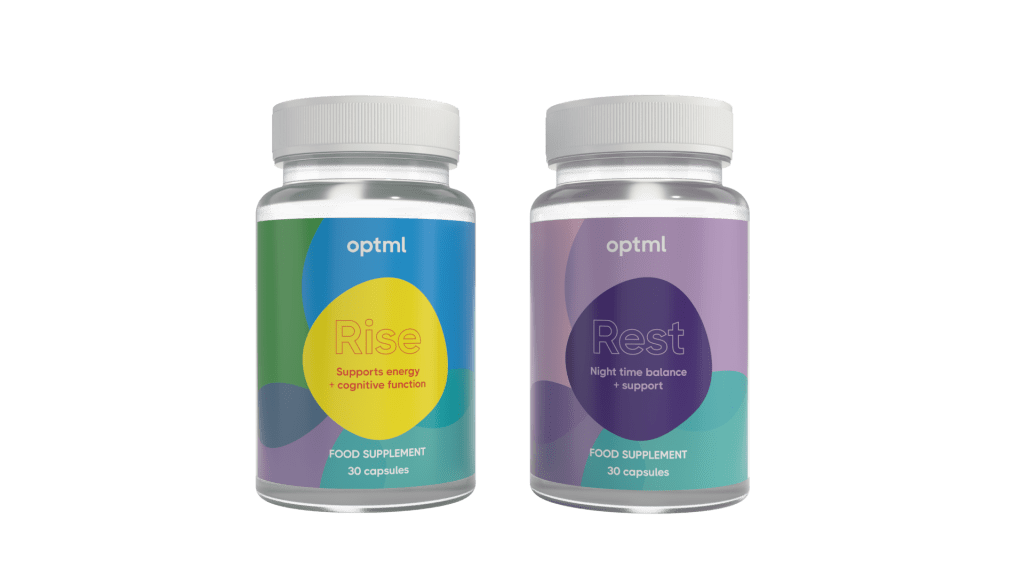
Does your morning religiously start with a cup of coffee? If so, you might not even be noticing how much coffee you are consuming. Though, you’ll also be well aware of the headaches and irritability that can soon follow if you skip your morning dose.
Coffee is an addictive substance so it’s not always easy to cut down drinking it, let alone give it up altogether. But, if you’ve been noticing you can’t function without it, then it may be time to address how much coffee you are drinking. Likewise, coffee can have many side effects that may mean it’s just not suitable for your lifestyle anymore.
Here is what you need to know about the caffeine levels in coffee, and what you should do if you are seeking a different alternative to feeling more energised throughout the day.
How Much Caffeine Is In The Typical Coffee?
Costa Americano: 185mg (small) – 370mg (large)
Costa Iced Mocha: 190mg (small) – 395mg (large)
Douwe Egberts Pure Gold (Instant): 65mg (per cup)
Nescafe Gold (Instant): 66mg per cup
Nespresso Coffee Pods (Palermo Kazaar) – 128mg
Starbucks Brewed Coffee: 157mg (short) – 387mg (venti)
How Much Caffeine Should I Consume Per Day?

Advice from healthcare professionals suggests that healthy adults should not exceed 400mg of caffeine per day. Whether you drink two cups of your favourite high street coffee or indulge in several instant coffees, it’s easier than you think to go over the recommended allowance.
What’s more, it’s not just coffee that contains caffeine! Most forms of tea as well as chocolate, energy drinks and fizzy drinks can all contain caffeine. What may shock you, even more, is that decaffeinated coffee also contains 25mg-50mg of caffeine in an average cup.
Another myth is that some people believe that adding milk or water to coffee it will dilute the amount of caffeine in the drink. However, this simply isn’t the case – the amount of caffeine will remain the same, even if the taste is no longer as strong.
Common Caffeine Side Effects
- Anxiety
- Bladder irritation
- Dehydration
- GERD (acid reflux)
- High blood pressure
- Insomnia
- Muscle breakdown
- Rapid heart rate
- Restlessness
The whole concept of coffee is that it helps to make you feel alert. However, in doing so it increases your heart rate and can give you unpleasant or worrying symptoms as a result.
The actual consumption of caffeine can cause issues for your digestion, particularly when it comes to GERD, as coffee is an acidic substance, measuring between 4.85 to 5.10 on the ph scale. Combined with a stressful life, consuming coffee can make it difficult to reduce GERD symptoms, which can also be experienced as heartburn.
Caffeine can also irritate the bladder causing painful and frequent urination. For that reason, coffee and other caffeinated drinks are not recommended for anyone who suffers from an overactive bladder or any similar issues.
Optml – The Alternative To Relying On Caffeine

If the main reason you opt for caffeine, especially in the form of a cup of coffee is to feel more alert, then you’re essentially stuck on a never-ending cycle. After all, if you skip just one cup then you’ll not only be back to square one but will feel groggy and fatigued until you give in. Unless of course, you have the willpower to detox yourself from caffeine.
While there’s no harm in the occasional cup, relying on coffee to feel alert simply doesn’t make sense. This is especially the case when there are natural supplements you can use instead, that won’t come with some of the potential side effects people commonly experience with caffeine.
Optml is a two-step supplement consisting of Rise and Rest, that can help you to feel more alert in your waking life, and more rested in the evening so you will benefit from a restorative night’s sleep. Our supplement is easy to take, and can help support a healthy lifestyle so that you can feel the best version of yourself, with no caffeine spikes or crashes in sight!